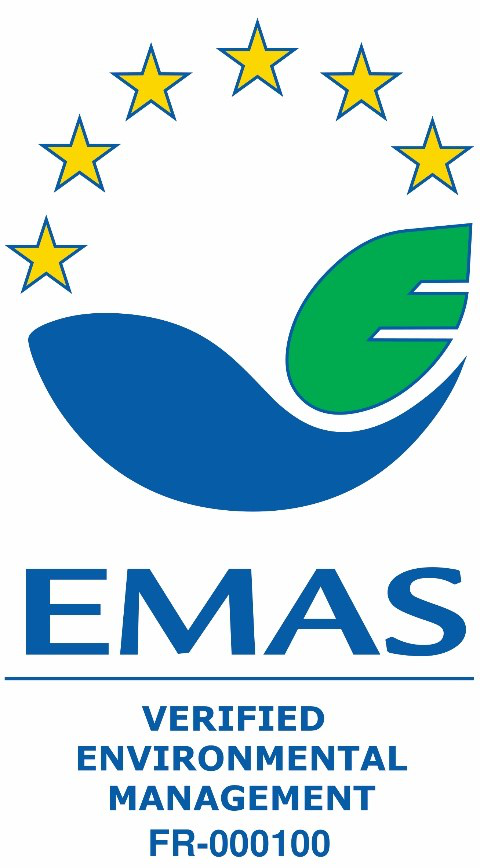About ESMA
ESMA is the EU’s financial markets regulator and supervisor. The 2023-2028 strategy guides ESMA in its second decade. It builds on the successful development of ESMA since its establishment and reflects the evolving environment in which it operates.
ESMA’s mission is to enhance investor protection, promote orderly financial markets and safeguard financial stability.
ESMA was founded as a direct result of the recommendations of the 2009 de Larosière report which called for the establishment of a European System of Financial Supervision as a decentralised network. It began operations, under its Founding Regulation on 1 January 2011, replacing the Committee of European Securities Regulators which was a network of NCAs which promoted consistent supervision across the EU and provided advice to the European Commission.
|
|
|
-
Investor protection
To better serve financial consumers’ needs and to reinforce their ability to make informed choices.
-
Orderly markets
To foster the integrity, transparency, efficiency, and functioning of financial markets and market infrastructures.
-
Financial stability
To strengthen the financial system to be capable of withstanding shocks and the unravelling of financial imbalances.
ESMA, as well as fostering supervisory convergence amongst Member States’ national competent authorities (NCAs) with responsibility for securities and capital markets supervision, it aims to do so across financial sectors by working closely with the other European Supervisory Authorities competent in the field of banking (EBA), and insurance and occupational pensions (EIOPA).
Whilst ESMA is an independent Authority, it is accountable to the European Institutions including the European Parliament, where it appears before the Economic and Monetary Affairs Committee (ECON) at their request for formal hearings, the Council of the European Union and European Commission. The Authority reports to the institutions on its activities regularly at meetings and also through its Annual Report.
ESMA delivers its mission by focusing on three strategic priorities and by being driven by two key themes formulated in the ESMA Strategy 2023-2028. ESMA plans to implement this strategy step by step over the next years, focusing on the strategic priorities and thematic drivers, while being mindful of market developments and emerging risks, as well as new legal mandates and available resources both at ESMA and NCAs.
Strategic priorities
Fostering effective markets and financial stability
ESMA promotes the fair and orderly functioning of financial markets, safeguards the integrity of the EU Single Market by setting high standards of conduct and ensuring transparency to support efficient markets and investor confidence.
ESMA identifies and assesses market developments that pose threats to financial stability and cooperates with the European Systemic Risk Board (ESRB), the European Banking Authority (EBA) and the European Insurance and Occupational Pensions Authority (EIOPA) and national competent authorities (NCA).
ESMA contributes to the development of a deep, efficient, liquid and accessible EU Single Market in financial services through the expansion of the single rulebook and consistent supervision.
ESMA promotes global standards and supports the closer integration of international markets and the continued openness of the EU single market. ESMA also acts as the voice of the European financial markets’ supervisory community through its active participation in various international fora including the International Organization for Securities Commissions (IOSCO) and the Financial Stability Board (FSB).
Strengthening supervision of EU financial markets
ESMA develops and reinforces shared principles of supervision between ESMA and the NCAs.
ESMA uses an EU-wide risk supervisory convergence heatmap, stress-testing, stakeholder outreach and supervisory activities prioritisation to develop a shared understanding of the risks posed to EU financial markets.
ESMA is shifting the focus of convergence activities towards effective coordinated supervision where relevant in addition to its efforts to ensure a consistent understanding and application of the rulebook.
ESMA has direct supervisory responsibilities with regards to specific market players such as non-EU CCPs, credit rating agencies, EU critical benchmarks and their administrators, DRSPs, trade repositories and securitisation repositories. ESMA promotes a strong common supervisory culture, approach and methodology across all ESMA’s direct supervisory mandates while adapting the supervisory strategy for each mandate to its specificity and level of maturity.
Enhancing protection of retail investors
Together with NCAs, ESMA ensures that EU retail investors are effectively and equally protected including from emerging risks stemming from new distribution channels or innovative products.
ESMA engages with retail investors through coordinated communication with NCAs, using new communication tools and platforms.
ESMA works with the objective of ensuring that retail investors receive clear, reliable and understandable product information.
By contributing to the development of the EU regulatory framework, ESMA focuses on enabling long-term direct and indirect retail participation in the EU capital markets.
Thematic drivers
ESMA takes into consideration the fundamental changes in the financial markets that are driven by the growing importance of sustainability and by accelerating technological innovation.
Enabling Sustainable Finance
Through the incorporation of environmental, social and governance (ESG) considerations in regulation and in supervisory practices, ESMA enables investors to make informed investment decisions and participate in the climate and broader sustainability transition.
Facilitating technological innovation and effective use of data
Technology and data serve as enablers to achieve ESMA’s mission across its strategic priorities. Technological innovation can bring new opportunities to the markets, to investors as well as to the supervisory community. ESMA enhances the use of the datasets available, takes a systematic data driven approach to regulation and supervision and develops itself as a pan European data hub serving the needs of all stakeholders.
ESMA is recognised for its environmental management system under the European Eco-Management and Audit Scheme (EMAS) and ISO 14001.






















